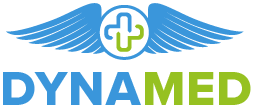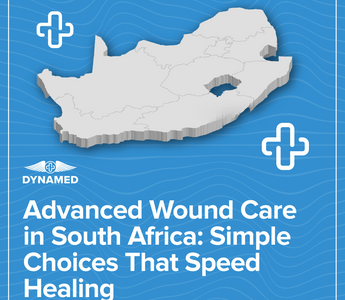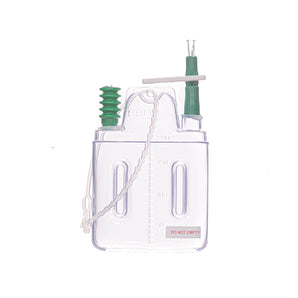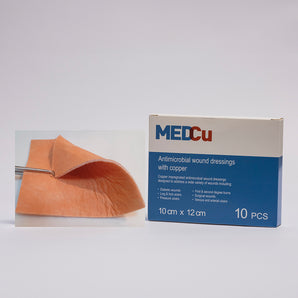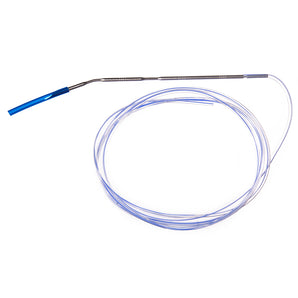Introduction
Wound care in South Africa is evolving quickly. From busy hospital wards in Johannesburg to rural clinics in the SADC region, healthcare professionals need solutions that heal faster, reduce infection risks, and remain cost-effective. Advanced wound care is not just about dressings; it’s about choosing the right product at the right stage of healing. This guide unpacks the main types of advanced wound dressings, when to use them, and why procurement managers, clinicians, and hospital groups across South Africa rely on local suppliers like Dynamed to keep patient care moving forward.
Key Points
- Advanced wound care provides faster healing, infection control, and better patient comfort.
- Options include hydrocolloid, hydrogel, foam, silver, and copper dressings, each suited to specific wound types.
- Procurement managers in South Africa should factor in supply reliability, ISO certifications, and local manufacturing capacity.
- Chronic wound management (diabetic foot ulcers, pressure ulcers, burns) requires the right mix of products.
- Local suppliers in South Africa and the wider SADC region ensure faster delivery, tender compliance, and consistent stock.
What Is Advanced Wound Care?
Advanced wound care refers to products that create the ideal healing environment—moist, protected, and free from infection. Unlike traditional gauze, these dressings actively support tissue regeneration and improve patient outcomes.
Why It Matters in South Africa
- Chronic diseases like diabetes increase wound complications.
- Rural healthcare centres need dressings with longer wear times to reduce patient travel.
- Hospitals must balance budget constraints with clinical effectiveness.
Types of Advanced Wound Dressings
Hydrocolloid Dressings
Hydrocolloids are flexible and self-adhesive, ideal for light-to-moderate exuding wounds. They provide a moist environment that speeds epithelialisation.
Hydrogel Dressings
Hydrogels rehydrate dry or necrotic wounds and are particularly useful for burns and pressure ulcers. They promote gentle debridement and improve patient comfort.
Foam Dressings
Foam dressings are highly absorbent and comfortable, making them ideal for surgical wounds and pressure ulcers. They can be paired with silver or copper for added antimicrobial protection.
Silver Dressings
Silver has long been trusted for its antimicrobial power. Silver dressings are commonly used for wounds at high risk of infection, especially in hospital environments.
Copper Dressings (MedCu Technology)
Copper is the newest innovation - FDA and CE cleared, with a dual mode of action: antimicrobial protection and accelerated healing. Copper dressings are particularly valuable for chronic wound management in South Africa’s public and private sectors.
Advanced Wound Care for Chronic Wounds
Diabetic Foot Ulcers
South Africa faces rising cases of diabetes-related ulcers. Using hydrogel or copper dressings can improve healing rates and reduce amputation risk.
Pressure Ulcers
For bed-bound patients in hospitals and nursing facilities, foam or hydrocolloid dressings provide comfort and protection against infection.
Burns
Burn injuries are common in rural and peri-urban areas. Hydrogel dressings provide moisture, while antimicrobial foams protect against infection.
Procurement Priorities in South Africa & SADC
When purchasing wound care supplies for hospitals, clinics, or distributors, key considerations include:
- ISO 13485 certification for compliance and safety.
- Local manufacturing capacity to ensure stock availability.
- Product variety to cover acute and chronic wound needs.
- Emergency delivery for urgent cases.
- Regional access across South Africa, Zimbabwe, Namibia, and beyond.
Benefits of Partnering With Local Suppliers
South African healthcare providers benefit when sourcing wound care supplies locally:
- Faster delivery to hospitals and clinics.
- Tender-ready documentation and licensing.
- Access to training, product demos, and clinical education.
- Customer support for inventory management and stock planning.
Conclusion
Advanced wound care is about more than just healing, it’s about matching the right product to the right patient at the right time. In South Africa, where healthcare systems face unique challenges, advanced solutions like hydrocolloid, hydrogel, foam, silver, and copper dressings can dramatically improve outcomes. By sourcing locally from trusted suppliers, hospitals and clinics across South Africa and the SADC region can secure quality, compliance, and consistency in patient care.
Dynamed Pharmaceuticals
Phone: 0861 00 00 43
Website: dynamed.co.za
Email (Sales): sales@dynamed.co.za
Email (Info): info@dynamed.co.za
Google Maps: Find us here
FAQs
1. What is advanced wound care?
Advanced wound care refers to products like hydrocolloid, hydrogel, foam, silver, and copper dressings that create an ideal healing environment, speeding recovery and reducing infection risk.
2. Why is advanced wound care important in South Africa?
Chronic wounds, diabetes complications, and burns are common in South Africa. Advanced wound care helps hospitals and clinics manage these effectively while ensuring compliance with local standards.
3. Which dressing is best for diabetic foot ulcers?
Hydrogel and copper dressings are often recommended, as they provide hydration, antimicrobial protection, and faster healing support.
4. How do silver and copper dressings differ?
Silver dressings focus on antimicrobial control, while copper dressings offer both antimicrobial protection and tissue regeneration, making them a cutting-edge option.
5. Are advanced wound dressings available across the SADC region?
Yes. South African suppliers like Dynamed distribute to neighbouring countries including Zimbabwe, Namibia, Mauritius, and Swaziland.
6. What should procurement managers prioritise when ordering wound care supplies?
They should look for ISO 13485 certification, local stock availability, product variety, and emergency delivery options to ensure consistent patient care.
